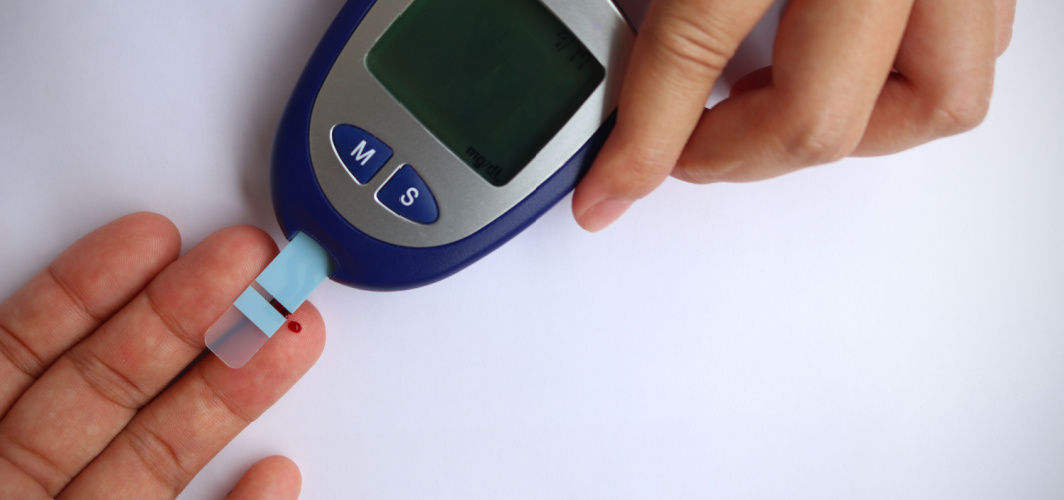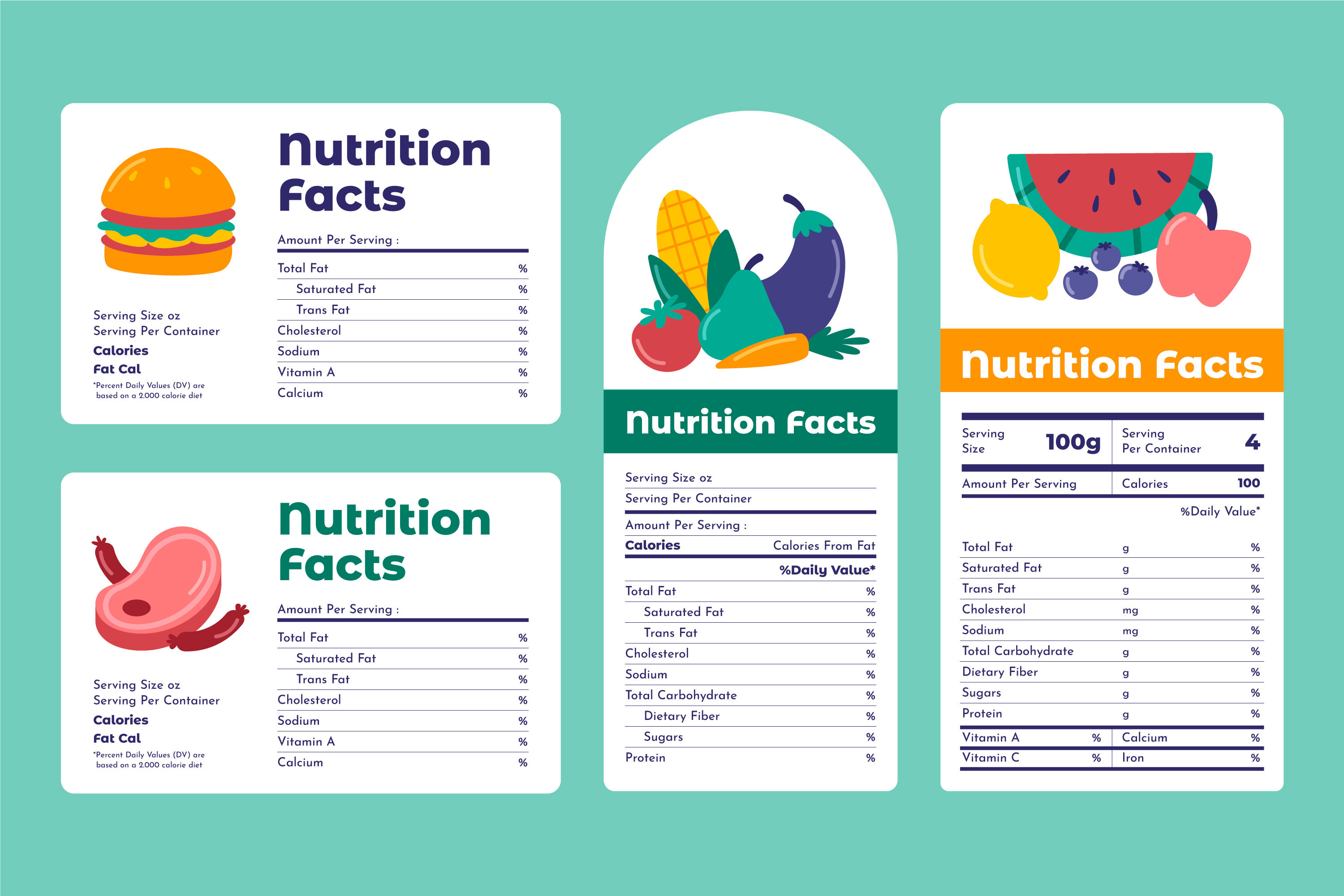Diabetes Management
Sugar Vs Diabetes: Clarifying the Common Indian Phrase "Mujhe Sugar Hai"
2 min read
By Apollo 24|7, Published on - 12 July 2024
Share this article
0
0 like
.jpg?tr=q-80)
In India, the term "sugar" is often used colloquially to refer to diabetes. So, when someone says "Isko sugar hai," which translates to "He/she has sugar," they are indicating that the person suffers from diabetes. But are sugar and diabetes the same? Let's understand this better.
Understanding Sugar
Sugar, scientifically known as glucose, is a simple form of carbohydrate obtained from the food we eat. It circulates in our bloodstream to provide energy to cells, hence the term "blood sugar."
In essence, when someone says "Isko sugar hai", they mean that the person's body cannot regulate their blood sugar levels effectively, a condition termed diabetes.
Understanding Diabetes
When we speak of diabetes, we refer to a medical condition where the body struggles to regulate blood sugar levels. It could be due to inadequate insulin production or inefficiency in insulin usage. This results in excessive glucose remaining in the blood, which over time can cause severe complications like heart disease, kidney damage, and vision loss.
Types of Diabetes
- Type 1 Diabetes: In this condition, the body fails to produce any insulin. Further, sugar doesn't typically cause this type of diabetes.
- Type 2 Diabetes: In type 2 diabetes, the body produces insulin but cannot use it efficiently.
- Gestational Diabetes: This is a temporary condition that occurs during pregnancy.
Effective Management
Living with diabetes doesn't mean giving up on a normal life. It involves careful monitoring of blood sugar levels, eating a balanced diet, and regular exercise. Sometimes medication or insulin injections may also be required. For holistic management of diabetes, consider enrolling in Apollo’s Super 6 programme which provides resources and support tailored for individuals with type 2 diabetes.
In a nutshell, "sugar" and "diabetes" are not synonymous. Sugar pertains to the glucose in our blood, while diabetes is a medical condition that affects how our body uses this glucose. Understanding this difference is crucial in dealing with and understanding diabetes effectively.
Diabetes Management
Consult Top Diabetologists
View AllLeave Comment
Recommended for you

Diabetes Management
How Does Diabetes Affect the Immune System?
Diabetes weakens the immune system, raising infection risk and hindering healing. Chronic hyperglycemia impairs immune cells, leading to susceptibility to infections and delayed wound healing. In autoimmune diabetes, risks of other autoimmune conditions increase due to misdirected immune attacks. Chronic inflammation complicates immune responses, affecting overall health. Tailored vaccinations are vital, highlighting the importance of managing blood glucose levels and adopting comprehensive health measures for individuals with diabetes.
.jpg?tr=q-80)
Diabetes Management
A Guide to Consuming Pumpkin for Diabetics
Wondering if pumpkin is good for diabetes? Yes, it can be! With its low glycaemic load, nutrient richness and antioxidant properties, pumpkin makes for a smart choice. But remember - the key lies in portion control, smart cooking methods, and pairing it with proteins and fibre. For comprehensive guides and support in diabetes management, consider enrolling in the Apollo Super 6 programme.

Diabetes Management
Decoding Food Labels for Effective Diabetes Management
Decoding food labels is a crucial aspect of diabetes management. It involves understanding different nutrient claims, following nutrient guidelines, perusing ingredient lists, comprehending daily percentage values, distinguishing between serving and portion sizes, and understanding caloric content and nutrient breakdown. This knowledge empowers individuals with diabetes to make informed food choices, enabling them to manage their condition better.
Subscribe
Sign up for our free Health Library Daily Newsletter
Get doctor-approved health tips, news, and more.
Visual Stories

8 Fruits That are Incredibly Healthy for Diabetes
Tap to continue exploring
Recommended for you

Diabetes Management
How Does Diabetes Affect the Immune System?
Diabetes weakens the immune system, raising infection risk and hindering healing. Chronic hyperglycemia impairs immune cells, leading to susceptibility to infections and delayed wound healing. In autoimmune diabetes, risks of other autoimmune conditions increase due to misdirected immune attacks. Chronic inflammation complicates immune responses, affecting overall health. Tailored vaccinations are vital, highlighting the importance of managing blood glucose levels and adopting comprehensive health measures for individuals with diabetes.
.jpg?tr=q-80)
Diabetes Management
A Guide to Consuming Pumpkin for Diabetics
Wondering if pumpkin is good for diabetes? Yes, it can be! With its low glycaemic load, nutrient richness and antioxidant properties, pumpkin makes for a smart choice. But remember - the key lies in portion control, smart cooking methods, and pairing it with proteins and fibre. For comprehensive guides and support in diabetes management, consider enrolling in the Apollo Super 6 programme.

Diabetes Management
Decoding Food Labels for Effective Diabetes Management
Decoding food labels is a crucial aspect of diabetes management. It involves understanding different nutrient claims, following nutrient guidelines, perusing ingredient lists, comprehending daily percentage values, distinguishing between serving and portion sizes, and understanding caloric content and nutrient breakdown. This knowledge empowers individuals with diabetes to make informed food choices, enabling them to manage their condition better.


